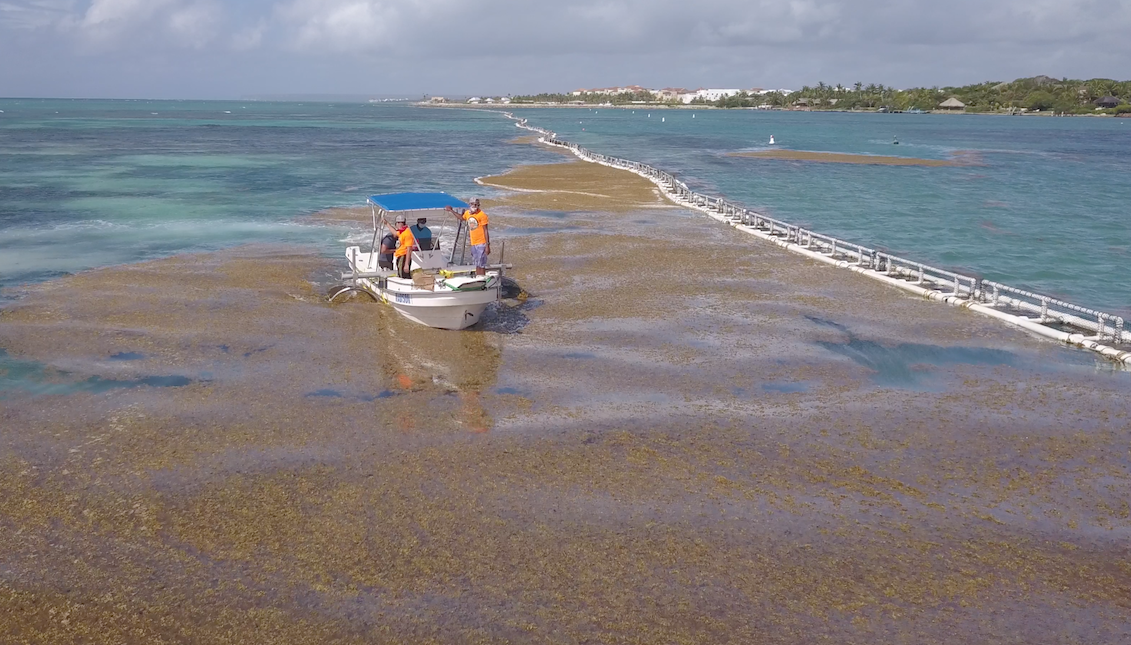
Mickey Ibarra Illuminates Path For Hispanic Recognition In U.S. Capital
Sketchbook
The Latino Leaders Network was launched in the nation’s capital five years ago by advocate and business leader Mickey Ibarra to establish relationships and dialogue among Hispanic movers and shakers of all political stripes on issues of particular importance to the community.
Its quarterly Leadership Luncheon series addresses matters of unique importance to 50 million Hispanics nationwide as it celebrates the accomplishments of those who have contributed to its multiplying successes. With support from a broad spectrum of corporate and foundation partners, the events draw turn-away crowds of as many as 350.
Ibarra characterizes the series, often televised, as “created to provide a platform for our leaders to share their personal stories of obstacles overcome in achieving community goals. Their first-person stories are a unifying force and powerful reminders of the responsibility we all have to help each other succeed.”
At the same time, the sessions educate non-Latinos about the Hispanic leadership talent, stressing that diversity is one of our nation's greatest strengths, he says.
In 2008, LLN added two "on the road" events to its schedule with luncheons held in Denver and Minneapolis in conjunction with the Democratic and Republican national conventions. A youth luncheon, partnering with the Hispanic Heritage Foundation, has since been added.
Speakers come from all walks of life, celebrating Latino leadership in sports, entertainment, government, journalism, community and more. Recent speakers have included journalist María Hinojosa, former Denver Mayor Federico Peña, U.S. Senators Mel Martínez (R) and Robert Menéndez (D), Los Angeles Mayor Antonio Villaraigosa and actress/social activist Eva Longoria.
Ibarra Family’s Journey Began In Mexico
For Mickey Ibarra, advocacy has always been a way of life. It was in that role he honed the leadership skills that led him to the White House senior staff of President Bill Clinton, the creation of his own business and the development of the Latino Leaders Network.
Whether dealing with early childhood challenges, representing educators or serving as a link between the President of the United States and state and local elected officials, Ibarra came to understand that what he saw in other Latino leaders was something to be shared and honored.
The Ibarra family journey began in Mexico. Mickey's father, Francisco Nicolás Santiago Ibarra, immigrated from Oaxaca to Utah in 1945 as a farm worker in the "bracero" program, a federal initiative created to bring laborers from Mexico to work U.S. crops during World War II.
Francisco married teenager Bonnie Bird, a farm girl from central Utah. They had two sons, Mickey and David. Francisco joined the military and served a tour of duty in Germany. The boys' mother, who was left to raise the two sons, placed them with foster parents. They became wards of the state when their parents divorced.
When Francisco came to visit, he would take one boy on each knee and, reminding Mickey to look after his younger brother, tell the boys that success was in their own hands. When they achieved it, he'd say, they should remember they have many people to thank. If, however, they were to fail, they would only have themselves to blame.
After his military service, Francisco returned to Salt Lake City to work for Kennecott Copper on a demolition crew. He left after 15 years to attend school on the G.I. Bill and then start his own small business as a hair stylist in Sacramento, Calif., where the boys rejoined their father.
Mickey attended high school there and became president of his senior class. Though small in stature, he became a star football player. He served in the Army from 1970 to 1973. Like his father before him, he served in Germany and attended college on the G.I. Bill.
He received his undergraduate degree at Brigham Young University and his master's in education from the University of Utah.
He taught at-risk high school students for five years. Involved in the Utah Education Association, he became a member of its executive committee. Subsequently he moved to New Mexico, where he served as executive director of the National Education Association’s Albuquerque affiliate.
A stint at NEA headquarters in Washington, D.C., followed. As its political manager, he assisted with training NEA members in state government affairs and federal candidate support.
In 1997, Mickey became an assistant to President Bill Clinton and director of Intergovernmental Affairs at the White House, serving as one of the highest ranking members of the President's inner circle. His role was to build support for the President's policy initiatives and to coordinate outreach to state leaders on a broad range of issues.
In 1998, he was appointed vice chair of the White House Task Force for the Salt Lake Winter Olympic Games. He was named an honorary mayor for the Games. Additionally, he co-chaired the White House Task Force on Drug Use in Sports.
Mickey left government at the end of President Clinton's term and launched his own government relations and public affairs consultant practice in the nation's capital. He has quickly built a client list that includes corporations, associations and governments.
Soapbox
The number one issue concerning Hispanics is the deteriorating economy, says Ibarra. Yet it is the country's "broken immigration system" that drove Latinos to the polls in the 2008 presidential election. "We've come too far on immigration reform to stop short of that goal," he says. “Now it is time to pass a comprehensive immigration reform plan that brings 12 million undocumented immigrants out of the shadows and into a legal system of employment."
A Special Influence
"I'm the luckiest man in America. It's been my privilege to get acquainted with so many quality leaders, whether at the White House or the school house," Ibarra maintains.
Many individuals have served as his inspirations and role models. Among them he names Henry Cisneros, the former mayor of San Antonio and member of President Bill Clinton's Cabinet. He also cites current Governor of New Mexico and former U.S. Rep. Bill Richardson as an inspirational influence.
"These leaders I've looked up to, but there are so many others," he says. "One of my proudest moments was the 2005 election of Antonio Villaraigosa as mayor of Los Angeles."
(Freelance writer Elvira Valenzuela Crocker, of Wichita, Kansas, is past president of MANA — A National Latina Organization, Email her care of [email protected])
©2009









DEJE UN COMENTARIO:
¡Únete a la discusión! Deja un comentario.